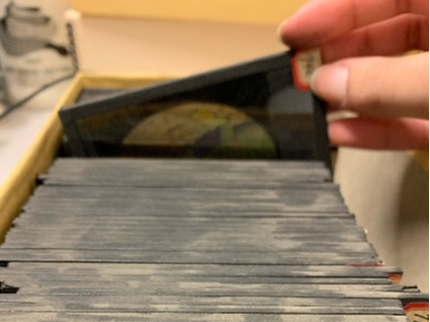Do scientists fail?
(Spoiler alert: the answer is yes)
The Impact of Herbivory on Duckweed Performance in Natural Aquatic Ecosystems: An experiment without results |
The scientific method as I was taught in school consisted of seven steps. 1: Question, 2: Hypothesize, 3: Experiment, 4: Observe and Record, 5: Analyze, 6: Form a conclusion, 7: Share results. This series of seven steps was drilled into us, taught to us in science class year after year. This was the core of science, what makes it empirical and evidence-based. This was what scientists have used for hundreds of years to make the incredible discoveries I had learned about in books. There were seven steps to science, and there was no step for failure. |
Miscellaneous Blogs
Plant love stories |
carnegie museum of natural history |


